We entered Ukraine through Palanca, on the Moldovan side of the border. Alexander Garachuk, a professor of French philology at the Odessa Mechnikov National University, is waiting for us on the other side under the blue and white tent through which a stream of refugees pass. Garachuk, with his mischievous look and tousled white mane – and his way of introducing himself by saying that he has never known for sure whether he was Ukrainian, Polish, Lithuanian, Jewish, German or French – embodies the spirit of Odessa, which Pushkin defined as a happy blend of cosmopolitanism, libertarian humour and irony. An hour later we have passed through the dozen checkpoints strewn with iron crosspieces in staggered rows and the mountains of sandbags held in place by concrete walls, through which all who enter Odessa must zig-zag. There I was – with my team members Gilles Hertzog and Marc Roussel – in the third-largest city of Ukraine, its most brilliant, its literary light, and now living on borrowed time. We will stay in an unremarkable house facing the sea, with a view of the port and its giant cranes. Below, at the end of a path winding through acacias, is a half-moon beach studded with mines. In front of us, visible through binoculars (and to the naked eye when the weather is clear) the Russian squadron blockading the city lies at anchor, awaiting word from Vladimir Putin to saturate Odessa with bombs: 14 vessels, including a missile cruiser Buyan-M style, two Ropucha-class amphibious landing crafts, mine-clearing boats, and the flagship Movska.
Our first act is to make our way to the historic centre of the city to visit the opera theatre where, in 2014, during the first year of the Maidan uprising, I had performed my play pleading for Ukraine’s admission into Europe. Alas, the opera is closed. Derybasivska Street, the pedestrian way that leads to the theatre – which is usually densely packed – is empty. All of the adjacent streets, where I had previously admired the faded pastel façades and neoclassical porches overshadowed by sycamores, the southern languor, are full of barricades and watched over by uniformed volunteers of the national guard. Many of them are very young. They look as if they had never before held a gun. We detect a mixture of determination, anxiety, and, when they stop a foreign writer without press credentials, a sort of feverish distrust. Double agents are everywhere, explains Volodymyr, a former bartender who speaks English and, unlike the rest of his comrades, is willing to talk. There are certainly fewer double agents than before. To the great surprise of the Kremlin, which never doubted that Russian-speaking Odessa would be the crowning point of its imperial dream, the war has united the city together as never before. But some remain. They want Putin, and they’re counting on infiltrated commandos who have been living in Odessa for months, renting apartments, finding jobs, melting into the population, and waiting for the signal. Volodymyr’s unit stopped two of them this morning. Three were taken down last week near the train station after several hours of street fighting. Watch out, he warns me. They’re killers. They’re nowhere and everywhere.
In the company of Maksym Marchenko, the city’s military governor, we found ourselves not far from the statue of the Duke of Richelieu. In 1803 Richelieu became the first governor of the city, which was founded by Catherine the Great. I met Marchenko two years ago in the Donbas, where he was commanding the 28th Mechanized Brigade. He is a native of Sloviansk and, with his centurion’s bearing and muzhik’s face, he lacks the quality – part-anarchist, part-bandit, part Robin Hood – that has been a stock piece of the city’s legend since the creation of the character, Benya Krik, by Isaac Babel in The Odessa Tales. But President Zelensky appointed Marchenko because he is a good soldier, and because, on the Donbas front, he was one of the commanders who were not taken in by Putin’s fable of the separatists “threatened by genocide” and “rescued” by the Russian army. “Look here,” he says, as we reach the base of the statue, “see these bags that our young people went and filled with sand and pebbles from the beach?” I do indeed see that the high, bronze silhouette that overlooks the 192 steps of the famous Potemkin Stairs has disappeared under a heap of white sacks that make it now look like an armoured cone. “Well,” he continues, “governor Marchenko is watching over governor Richelieu, who is watching over Odessa. I would like your country to keep the watch with us and deliver the big guns and, above all, the planes that we need to repel an attack that will be coming soon from the sea, the air and the ground.” Then he adds, nearly quoting General de Gaulle, “Is there not an age-old pact between Odessa and France?”
We are now on the road to Mykolaiv, the beleaguered city, around 120km to the east, where fierce resistance has blocked access to Odessa by land for three weeks. We pass through a fortified position that, with its many soldiers – some of them hooded – seems more like a front line than a checkpoint. Then another on the coastal road, lost amid a rocky plain, where we see missile launchers with telescopic sights, Javelins or Nlaws, some of which are already shouldered while others remain stockpiled under khaki tents set between cinder blocks. As we head north again we stop at an improvised checkpoint where we are expecting Vitaliy Kim, the heroic governor of Mykolaiv, to come and meet us. It is not to be. There is a phone call where we hear that the bombing has intensified, and he can’t get out. Nor can we get in, he tells us. So there, in an abandoned government building, we hold a remote conversation of an intensity that is anything but remote. Kim on the screen, with his down jacket open over a bulletproof vest. He looks like a dutiful civil servant forced into a war he did not want. In the background, we hear the whistle and boom of the missiles. “The Russians are retreating,” he begins. “They’re out of food and ammunition. Their logistical lines are cut. Of course they still have planes…” The connection fades. Then it goes dead. I call back. “Anyway, they’ve stopped advancing. Our units are going on the counterattack. The cost in lives will be terrible for us. They won’t hesitate to use their strategic missiles. But we’re going to win this battle, and we will save Odessa.” God willing!
In the West everyone is alarmed that Putin, having gone mad, might resort to using a nuclear weapon. But he has a simpler option. Here on the coast in Yuzhny, a few kilometers from the 28th Mechanized Brigade’s outposts, stands the immense Odessa Port Factory. It is now shut down, but until a few months ago it was one of the country’s key produces of ammonia and urea. I’m told that while half of its tanks – the half that belonged to Ukrainian companies – were emptied during the first days of the war, the other half, which are linked to US interests are still full. Why? Is it because of the proximity of the Russian guns? Or is it because the waters are mined keeping the US tankers from getting there? The brigade’s commander, Vitali Huliayev, has no answer for me. But let’s imagine, he says, an enemy struck intentionally or not. Or intentional but disguised as an accident or attributed to the Ukrainians. There’s enough poison in those green silos a hundred meters high to pollute the entire region. It would have an impact worse than Chernobyl, he insists, or worse than the Zaporizhzhia Nuclear Power Plant, which the Russians attacked on 4 March but was equipped with circuit breakers and security systems that could contain an accident. Or worse than the explosion in Beirut in 2020, which involved the same type of highly toxic products – and whose shockwaves reached as far as Cyprus. This is the tragic dilemma being faced by the residents of Odessa. Putin must be defeated. But they know that once he is defeated and has nothing left to lose, that will be his last card. Viva la Muerte.
A bad night follows. Twice the babushka on duty came knocking on our doors as the sirens howled. We dress and go down to the boiler room, which, with its plastic chairs and cases of food and water, serves as a shelter. And, soon enough, on the screens of our cell phones, arcs of fire are streaking through the dark sky like flying scissors. Early the next morning, we attend a debriefing with Sergey Bratchuk from the headquarters of the Ukrainian forces in Odessa. A Kalibr missile launched from the sea fell on a suburb and caused property damage. A second, shot from the air, was aimed at the army’s telecommunications centre in Velykodolynske but missed its target. Five others were intercepted by Ukraine’s missile defence system. If my understanding is correct, the anti-aircraft defence systems of Ukraine’s 160th Anti-Aircraft Artillery Brigade, with their old S-300 ground-to-air missiles, are working. Perhaps the role of these nightly attacks is to enable the Russians to refine their tactics and to pinpoint the Ukrainian positions. But cruelly lacking are the means to destroy the cruise missiles fired from the Russian fleet that arrived from Crimea. Odessa possesses Neptune anti-ship missiles manufactured in Ukraine. But they are slow. Easy to neutralise and less effective than the Harpoon missiles made by Boeing Defense Space and Security, which the US and UK could provide Ukraine. Isn’t it time for them to be given to Odessa?
Petro S is a friend from the Odessa Opera. He tells me that his neighbourhood is infested with agents in Putin’s pay. He receives threats from “masked avengers” saying that he will pay for the incident in 2014 in which at least 46 pro-Russian demonstrators perished in a fire at Trade Unions House in Odessa. So he has taken to the countryside. And it is here, in a little dacha on the outskirts of Myrne, halfway to the Moldovan border, that he suggests we meet. The story of the Trade Unions House, he explains, is essential in understanding what goes on in Putin’s head. In a speech on 21 February, three days before the invasion, the Russian president alluded to the “shiver of horror” that “the terrible tragedy in Odessa” still inspires in him. He offered up the hunt for the “criminals who perpetrated that atrocity” as one of his supposed goals in the war. Mariupol, yes. Mykolaiv, obviously. But the big piece, the queen of battles, the cherry on top of Putin’s bloody cake, will be, in Petro’s view, the taking of Odessa. This will be for geostrategic reasons of which everyone is aware – to take control of Ukraine’s largest port, to starve the country, and to consolidate control of the Black Sea – but also for symbolic reasons: to force into service once and for all this jewel of a city, this pearl, which all great Russians see as the St Petersburg of the south. We say our goodbyes to Petro. But no sooner do we arrive at the first checkpoint on the way into Odessa than he sends us a video of a rocket which, 15 minutes after our departure, had struck Myrne close to the beautiful Orthodox church with its golden cupolas.
What does it look like, the damage done by a Grad or Kalibr missiles that are raining down on Ukrainian cities? You do not have to go far to find out. We are on the outskirts of Odessa, in the middle of the old industrial zone. At the end of a destroyed and deserted road, where the rasputitsa, or thaw, has not yet had time to melt the snow and turn it into mud, the landscape is apocalyptic. Here, on two acres, had stood a factory that made household goods. What remains is a pile of rubble. Steel doors still standing, but opening onto nothing, buckled by the conflagration. Here and there, among the tangles of sheet metal, girders, and pylons melted by the fire, a hair-dryer or rice-cooker. “Why such devastation?” wonders the watchman, his gaze vacant under eyelids red with fatigue. Another test? A random act of terrorism to chase us out? Or, since the factory had been a military depot when the Soviet Union dissolved, is Russian intelligence just 30 years old? I suggest an idea. What if this senseless bombing was simply the product of pure hate? What if Odessa, this crucible of civilization, culture and beauty, occupied in the imagination of super-sniper Putin the same place that Sarajevo did in the mind of Slobodan Milosevic and Ratko Mladic? Rage against the cities and what they represent. Urbicidal fury. Eternal return, under a sky blue with anger, of ancient barbarity.
I learned in Sarajevo that victory stems not from the size of an army but from its morale and from citizens’ endurance. The same is true in Odessa. And if the assault from Putin has been late in coming, it is perhaps because of that. We are in the buildings of the Chornomorya Group, a major player in Ukrainian news and publishing, which has been forced to shut down because of the war. A group of volunteers, of all ages but mostly women, are crouched before an expanse of wire mesh and thin strips of old clothes. They are making nets which will be used to camouflage Odessa’s barricades and tanks. From the voices of the volunteers, as if to give themselves heart, the sound of Ukrainian national hymn rises. Beyond the artisanal textile works – at the end of a tunnel that reminds me that Odessa is a city proud of its unique labyrinth of catacombs – we come across a class of history students making Molotov cocktails on an assembly line. An empty bottle; a finger of acetone; a dose of motor oil; gasoline; a chamois cloth for a cork; a metal wire to crimp the neck; and a sheet of aluminium foil to store the explosives until the regimental quartermasters come to collect them. These street urchins, their voices made hoarse by gasoline fumes, these children of paradise (or, for time being, of hell), are not yet 20. They had been studying history; now they are making it.
In a covered market, just outside the city, that has been transformed into a storage depot for humanitarian aid, we encounter two of the weavers – two of the Fates – from the other day. We remark to them how lucky it is for afflicted Ukraine to have as its president this young Winston Churchill who has grown into Zelensky, the victorious comedian who has no desire to be a martyr. They ask us questions about the French Resistance and about the even more distant French Revolution that has taken place in Paris in 1789 but that seems to be playing out again in the very French city of Odessa. On the spur of the moment, combining words and gestures, I invite them to accompany me to Richelieu Avenue, where we are going to spray the words “Liberté, Égalité, Fraternité” in Ukrainian blue and yellow on a wall of concrete blocks. These are words known around the world. But their country now knows their price better than any other. Our new friends are delighted. The volunteers on duty at the wall are at first mistrustful, but soon come closer and pull off their three-fingered gloves to take selfies. The residents who remain in the neighbourhood press their faces to their windows and shout “Vive la France,” mixed in with “Slava Ukraini” (“Glory to Ukraine”). Upon our return, some will ironise our gesture. But, for the Odessites, these three words sum it all up. To see them written by a friendly hand in the centre of their city, a city living on borrowed time, is a modest balm on a pain that seems bottomless, even if the words remain legible for just a few hours.
Anti-semitism is a burning question in Ukraine. It is particularly salient here in Odessa, where, before the Second World War, Jews made up half the population but now number no more than 40,000. We are at the Holocaust Memorial on Prokhorovka Street in the old Jewish quarter of Moldavanka. It is a strange monument composed of five skeletal silhouettes whose feet are caught up in a ring of barbed wire and who appear to be engaged in a danse macabre. Leading up to it is a path of silver birches, each symbolising one of the Righteous among Nations who sheltered Jews during the Holocaust. We are greeted by Roman Shvartsman, one of the last remaining survivors of Stalin’s Holocaust by Bullets. Shvartsman asks us if we are aware that Ukraine is, according to the records of Yad Vashem, one of the top four countries in terms of its numbers of the Righteous? He says this softly. Sadly. Before us is an old man carrying a heavy weight, for whom survival is both an honour and a burden. Suddenly, in the middle of recounting the massacres that followed the arrival of Romanian troops in October 1941, this modest man begins to cry. Is he weeping for the Righteous over whom he stands watch? For the dead whom he serves as a living tomb? Or for the madness of men taking up again with a ghost of Hitler, a doppelgänger who, while pretending to be “denazifying Ukraine” has the temerity to cloak himself in the memory of the victims? I do not know.
A Canadian reporter with a strange idea of fellowship has posted on social media a photo he took, unbeknownst to me, of Marchenko and myself. The tweetosphere, inspired by the fact that the governor commanded a partisan unit known as the Aidar Battalion from 2015 to 2017 and that this unit included a handful of far-right nationalists, is using the photo to troll a Jewish intellectual for having his picture taken with a neo-Nazi. Should I respond that nothing about the Marchenko whom I know, and whom I have twice interviewed, justifies this shameful accusation? That it is the lot of all resistance movements, beginning with that of occupied France, to welcome all who join at the start, including ex-cons, outcasts, and hotheads? That I find it shameful that some preachers presume to know better than Zelensky himself which officer is most qualified to defend a symbolic city? Those points I will make upon my return. For the time being, things are heating up. The Russia-1 network is broadcasting a photomontage depicting me as an “angel of death” who must be hunted down and driven out of the city. A group of “Russian patriots” has gone so far as to create a Facebook page that puts a price on my head, offering a bounty of a million roubles to whoever takes me out. But I have gathered the information I came to collect. This last bit of news tickles our Ukrainian companions, bringing the legendary humour of Odessa to the fore. The Kremlin’s propaganda organs are losing their grip! With 100 roubles now worth less and a US dollar, there is proof that the economic sanctions are working and that Russia has lost. This makes my day. I take leave of Europe’s farthest outpost, praying to the gods that they spare my friends in Odessa.
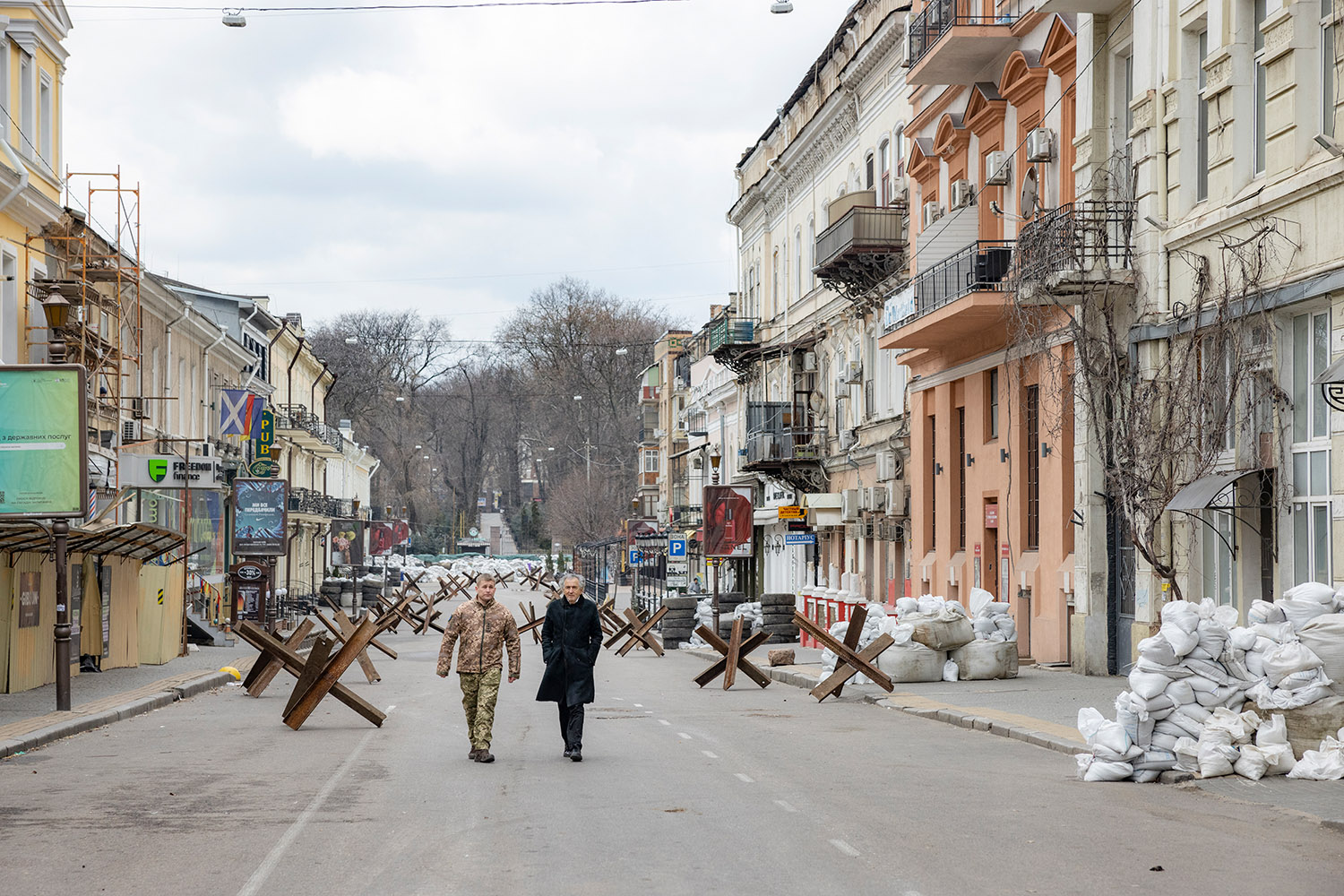
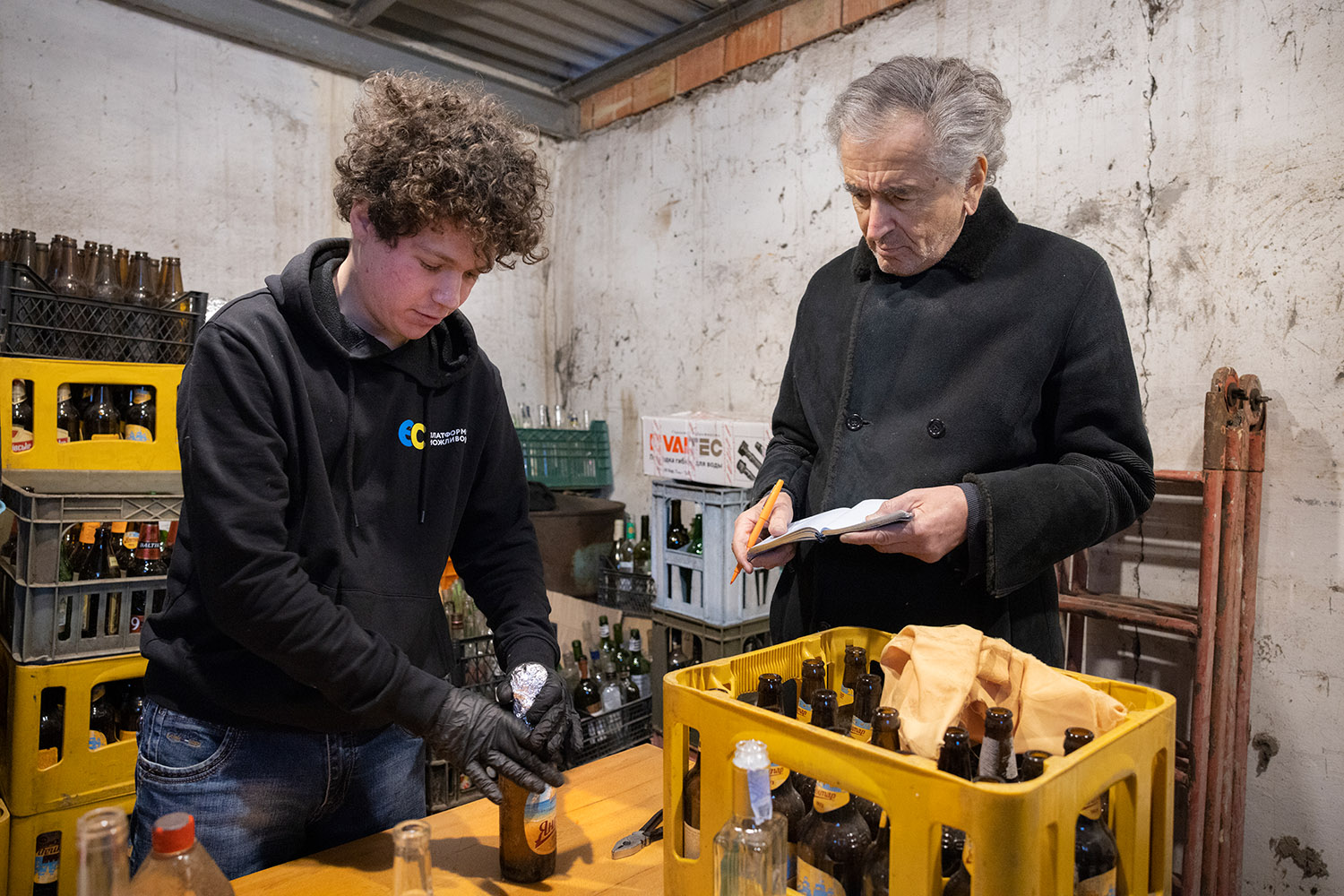
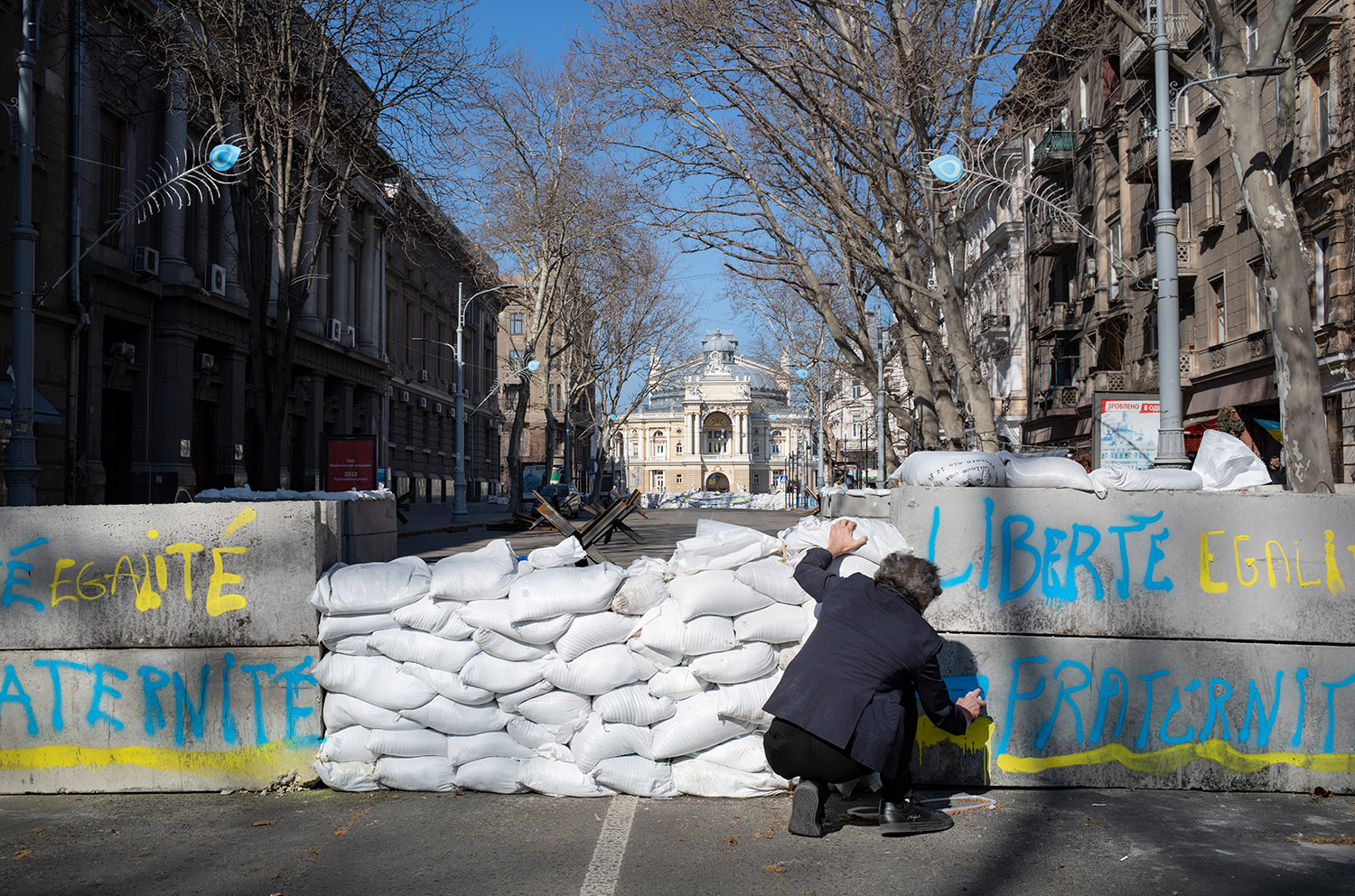
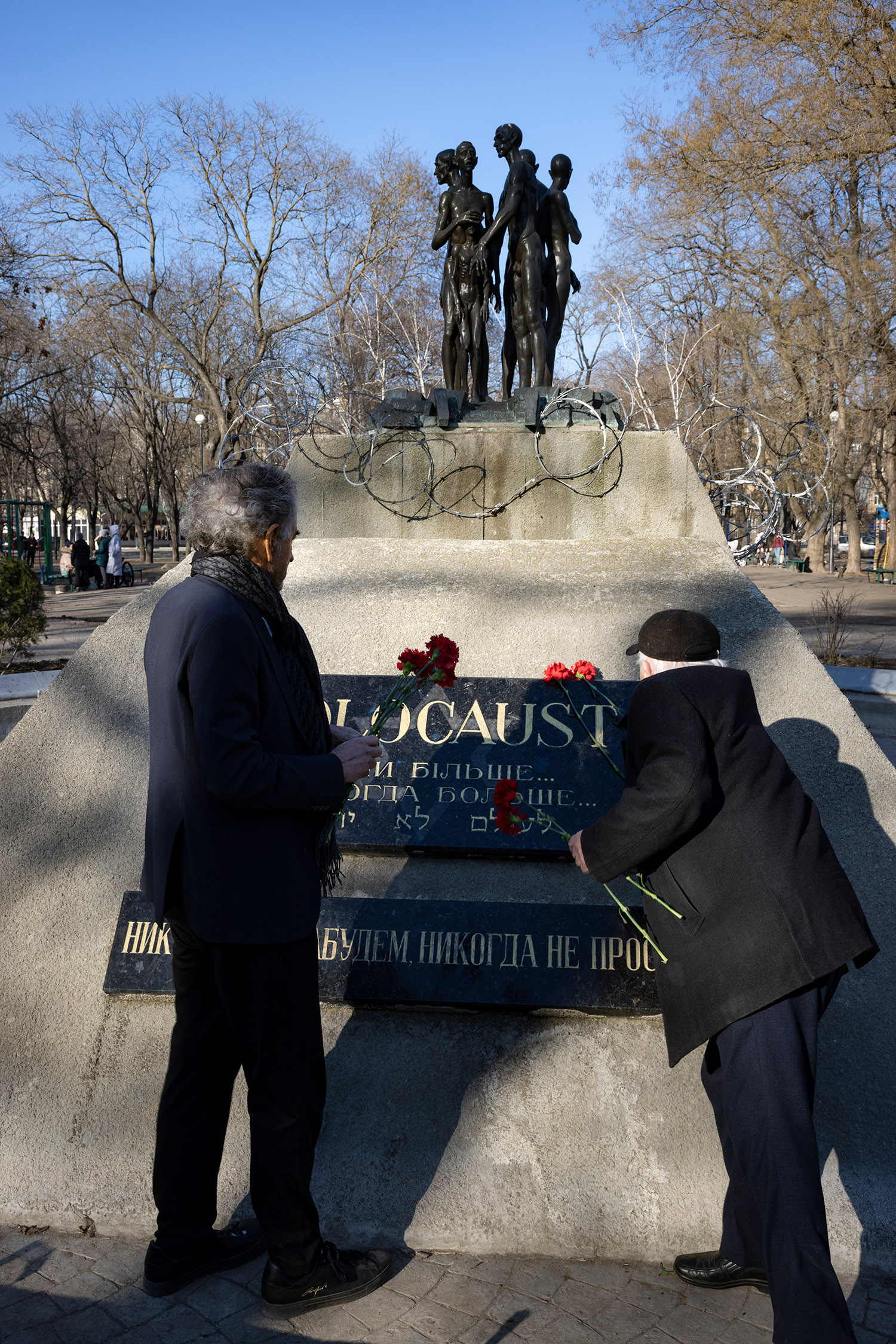
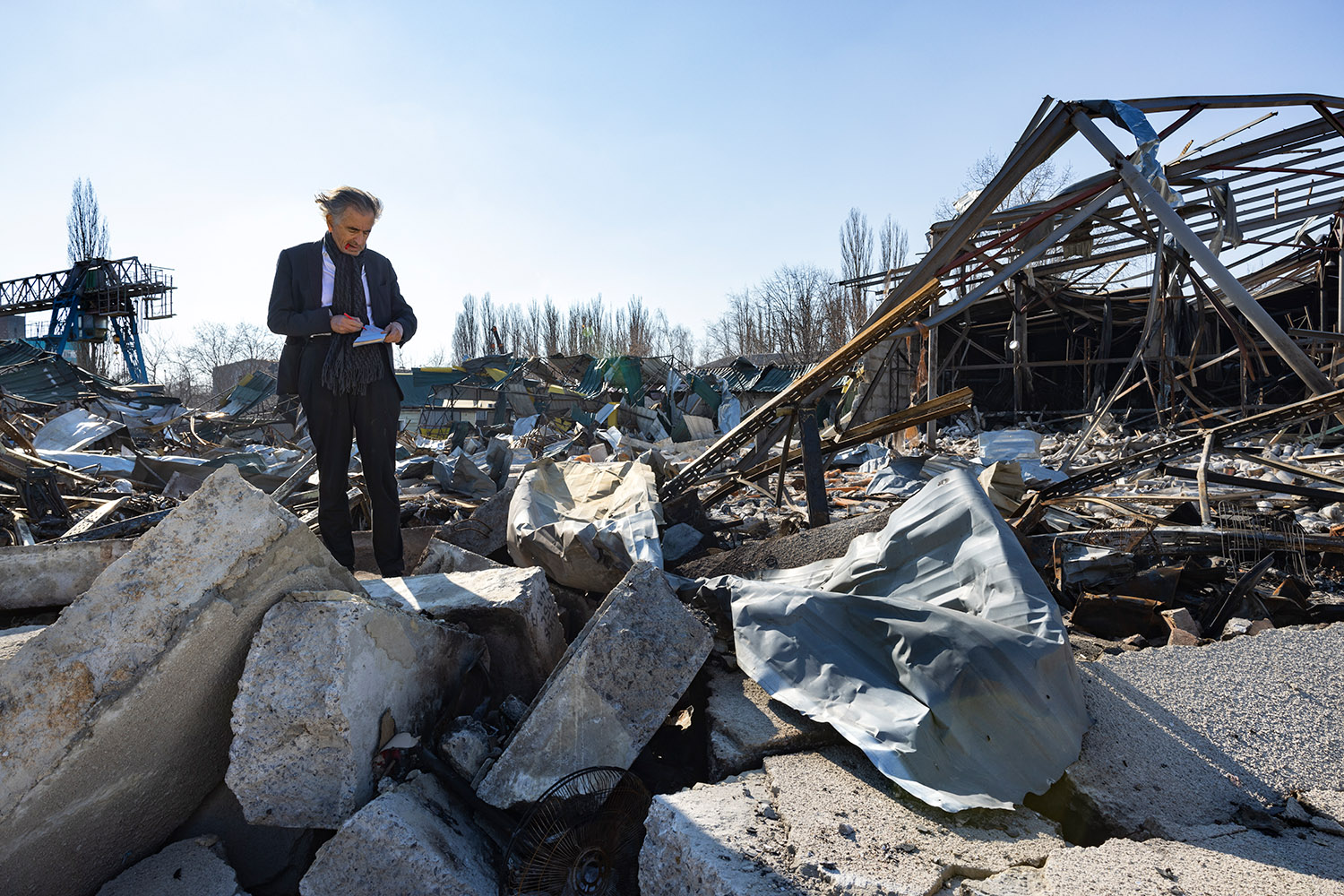
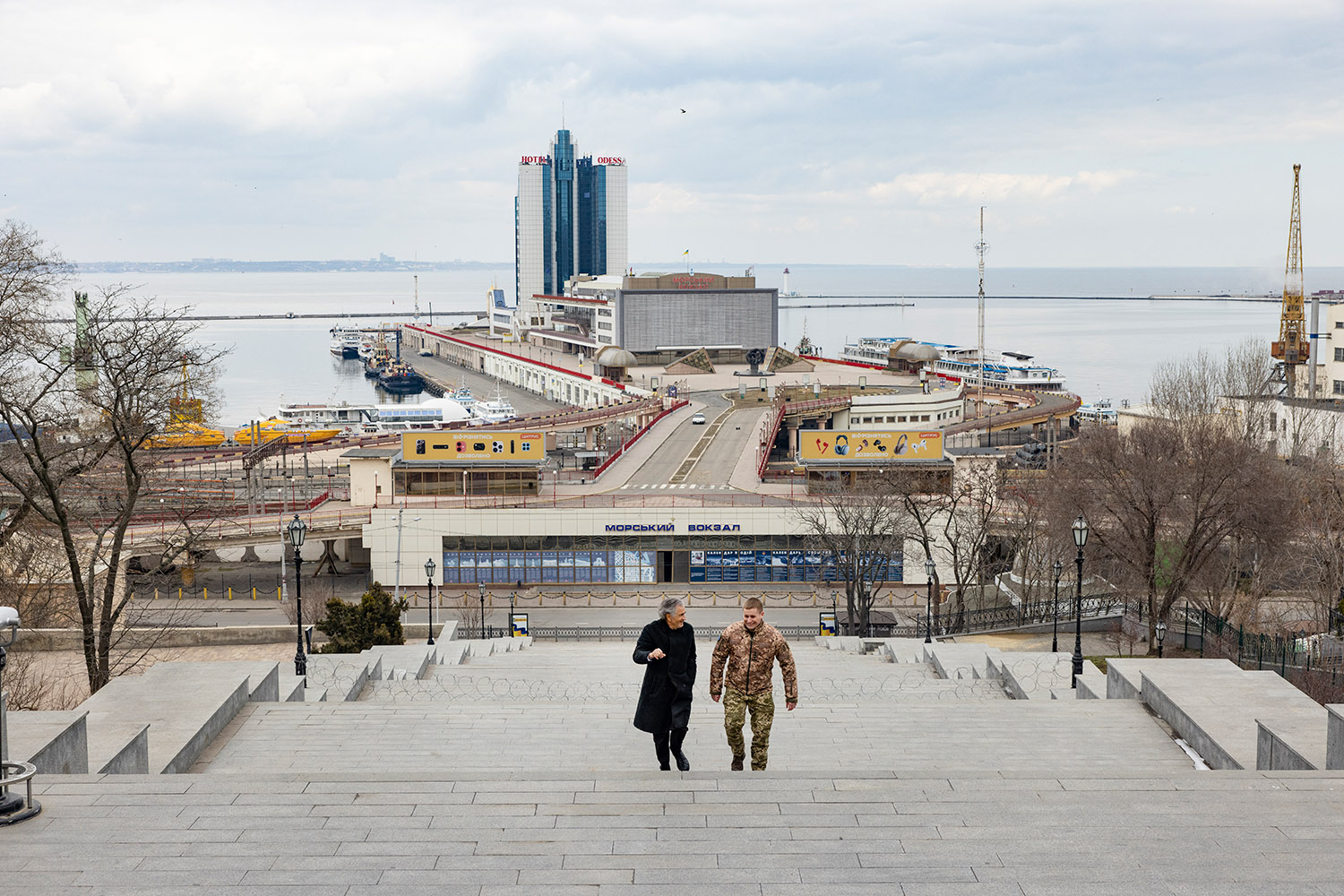
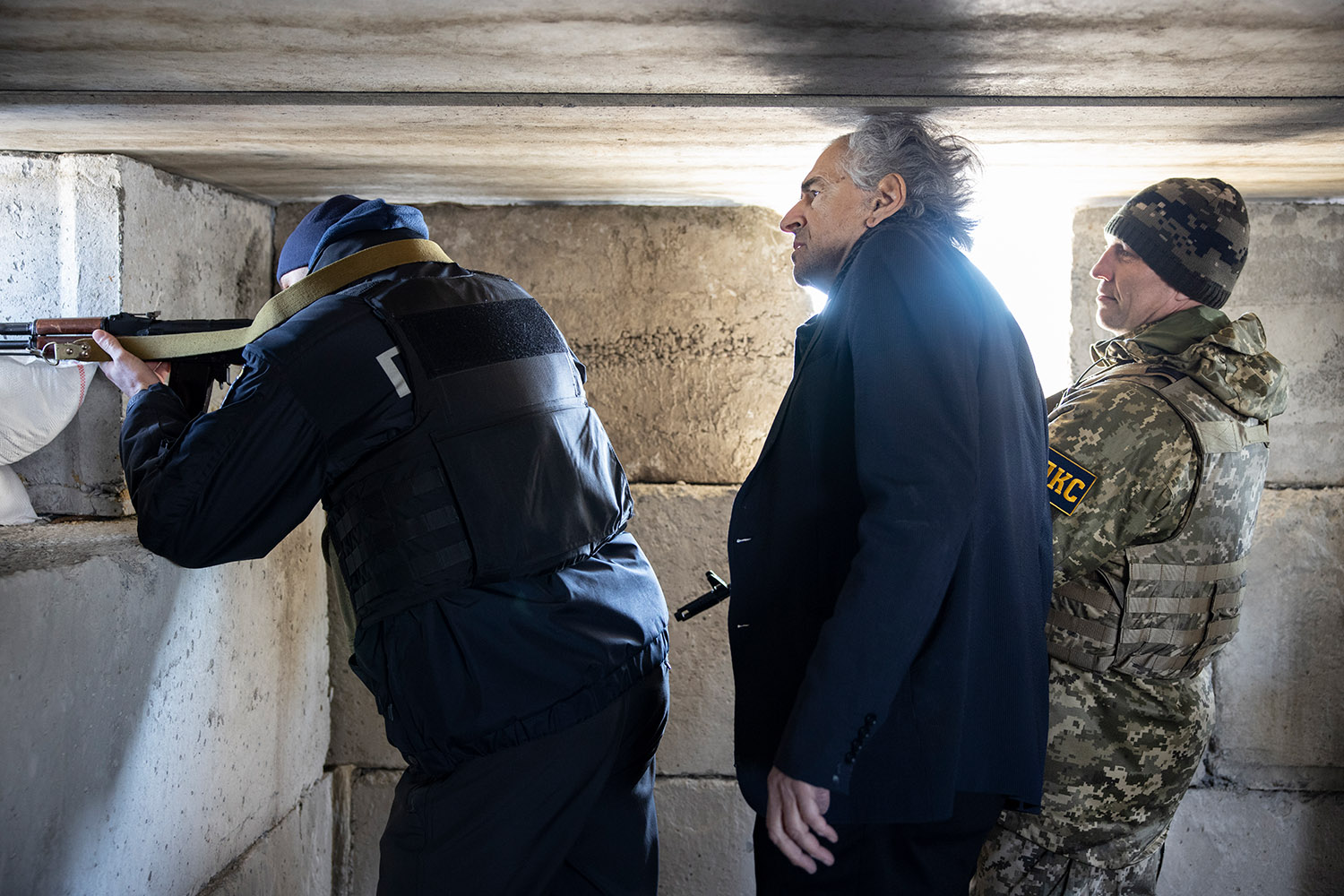
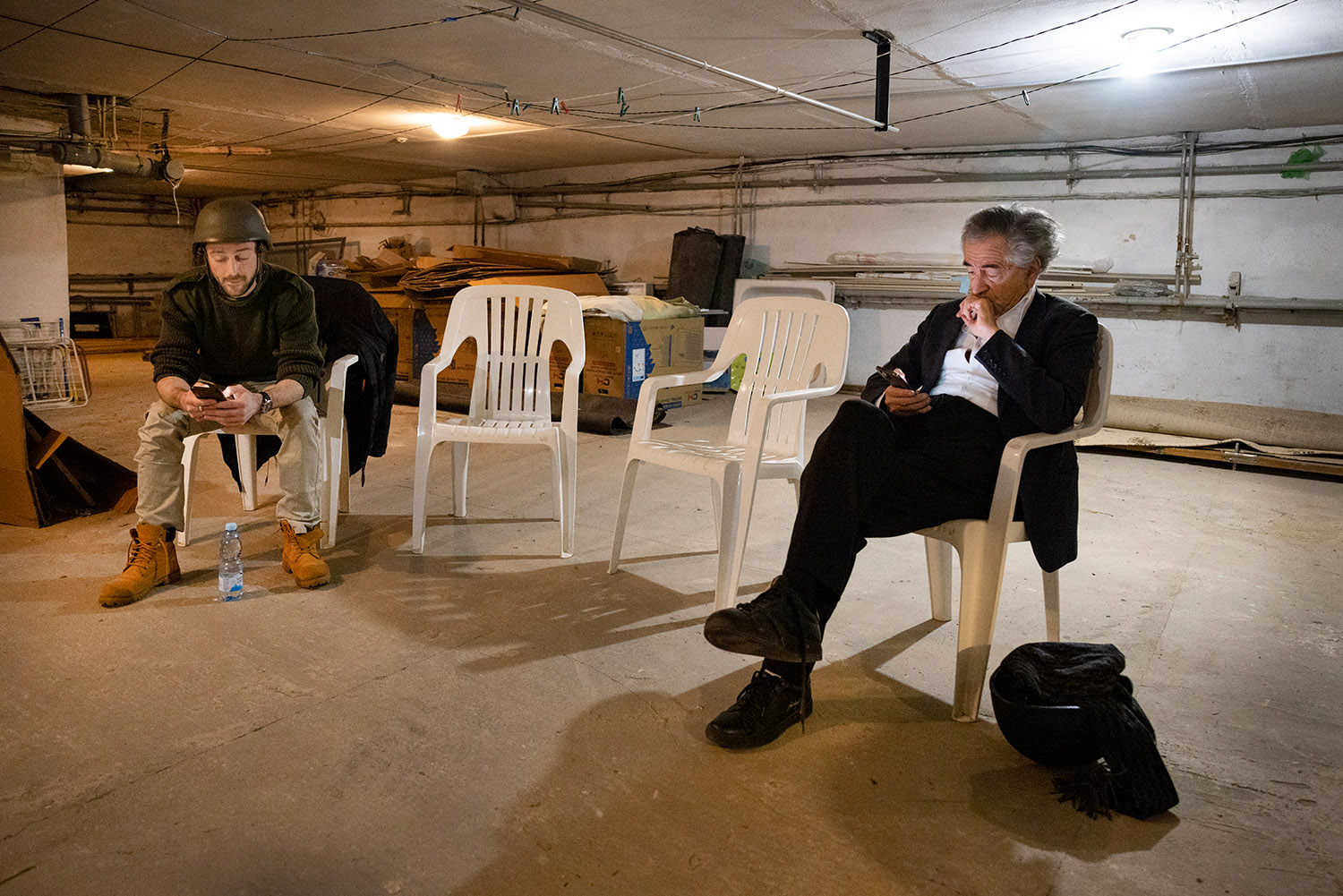
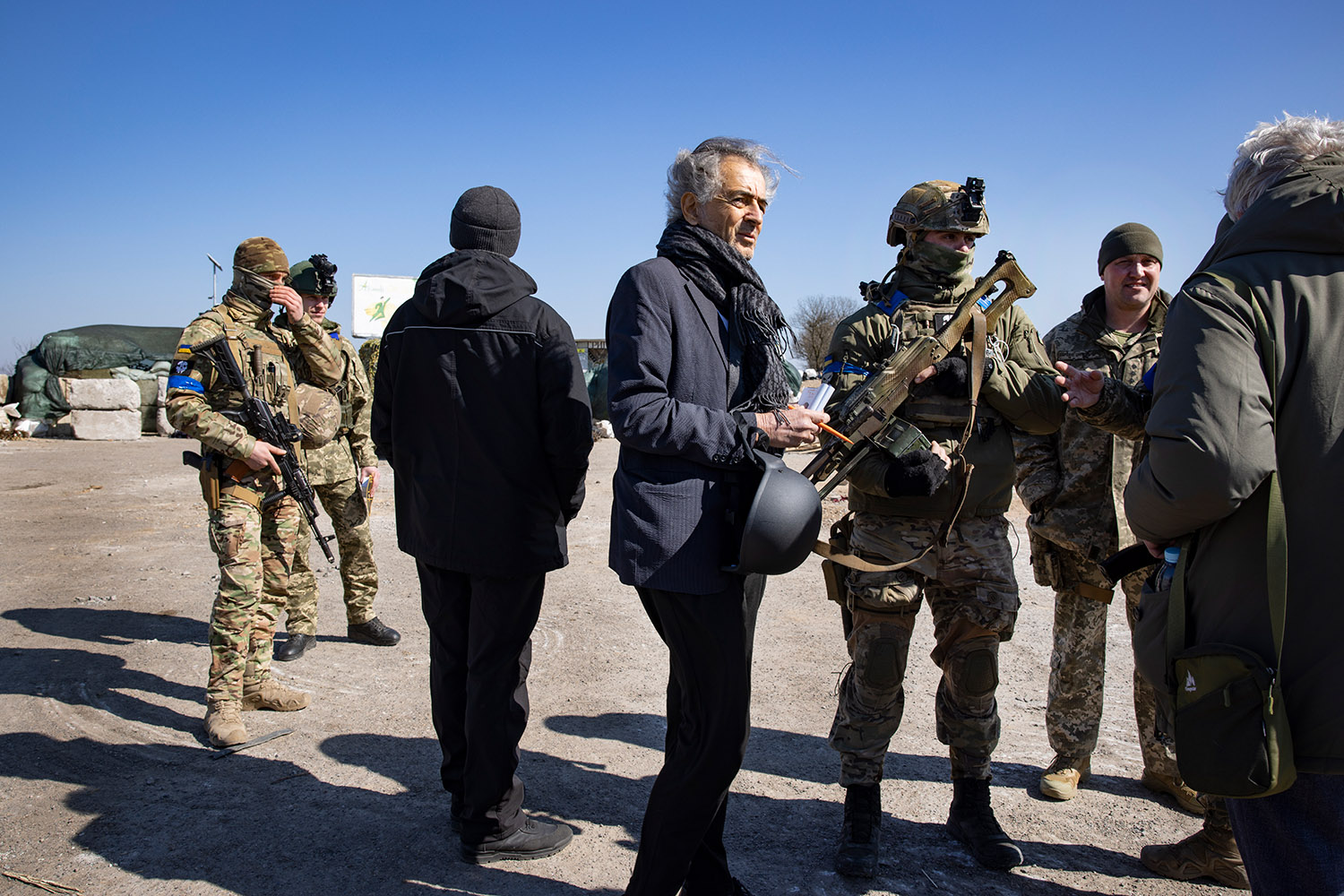
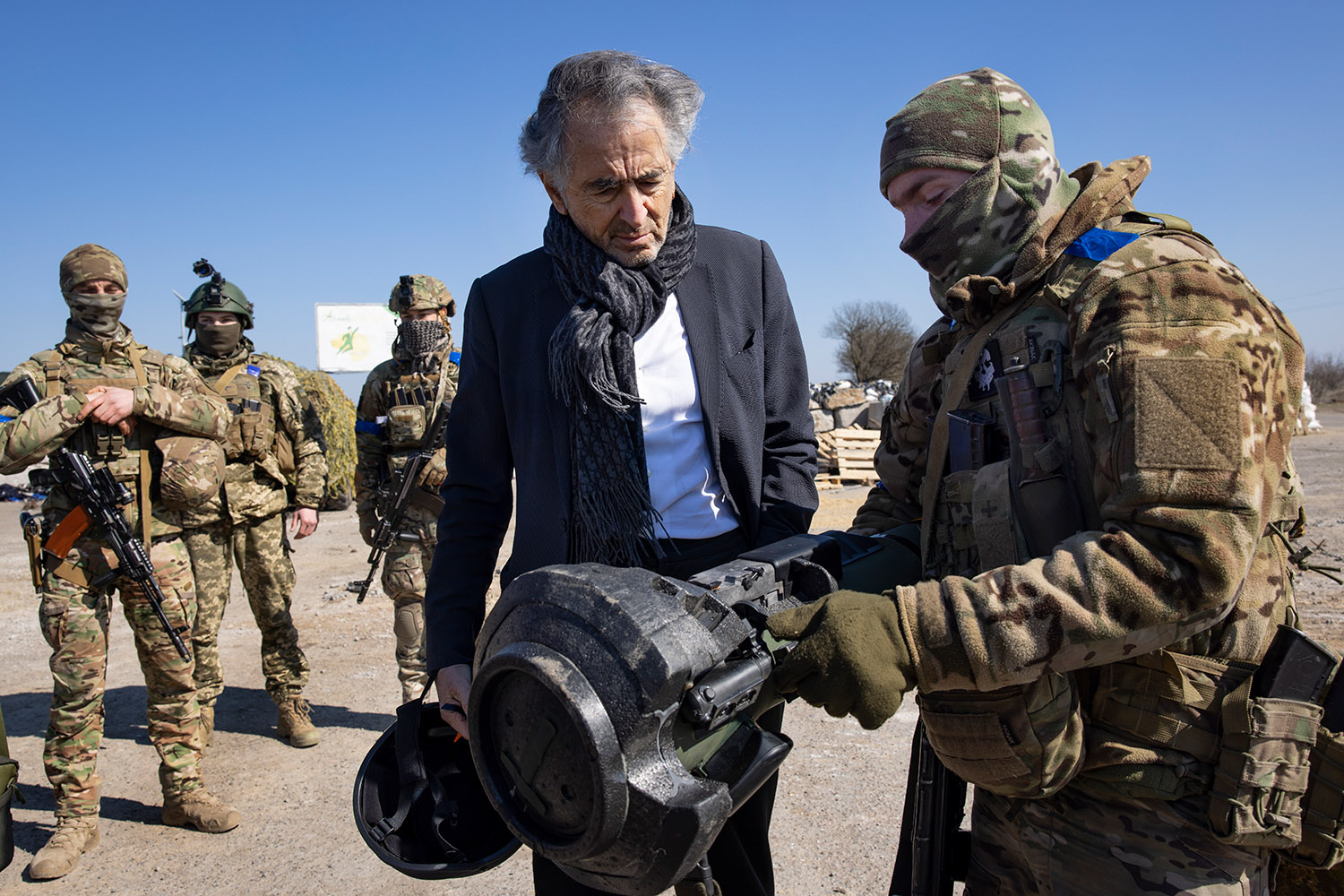
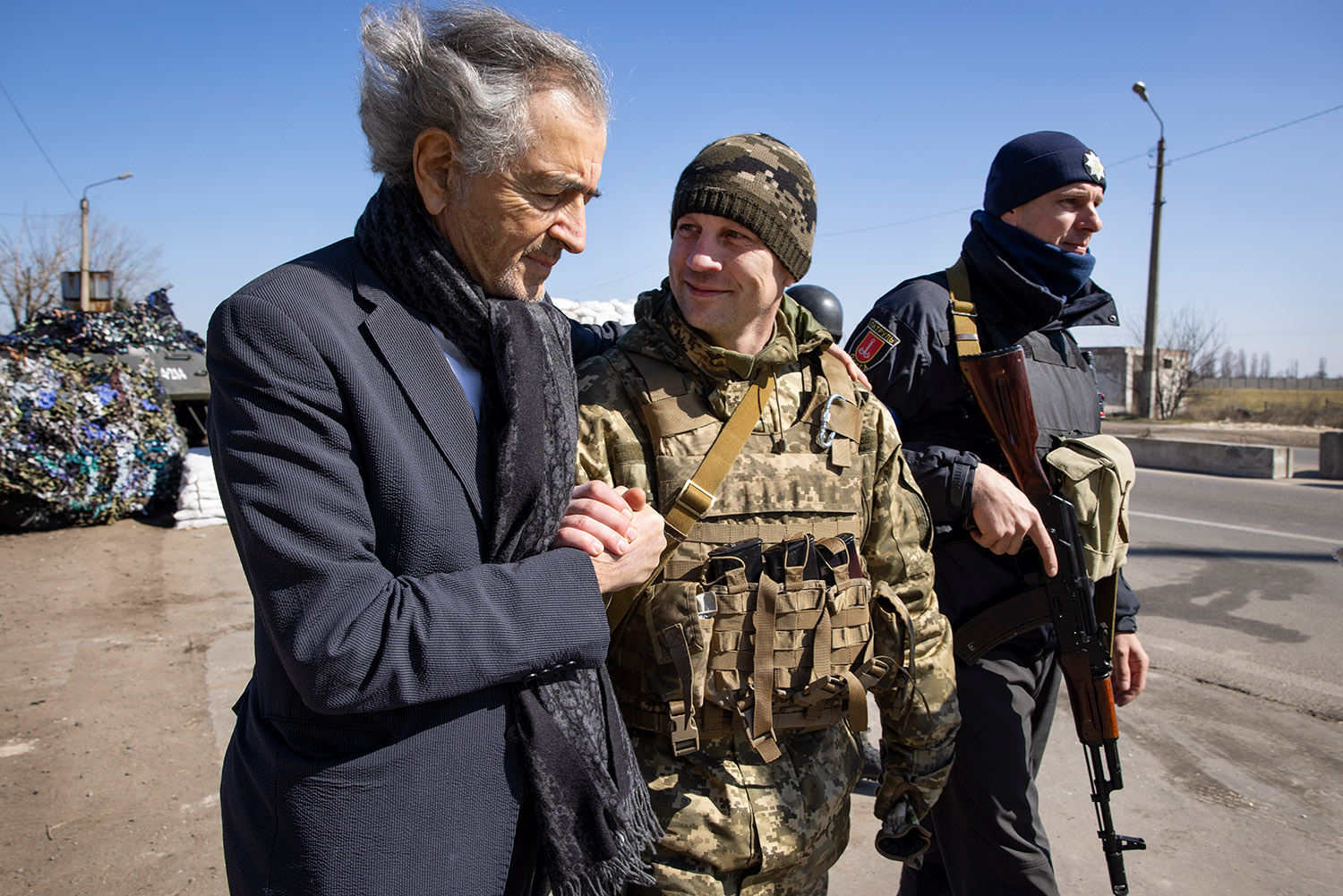
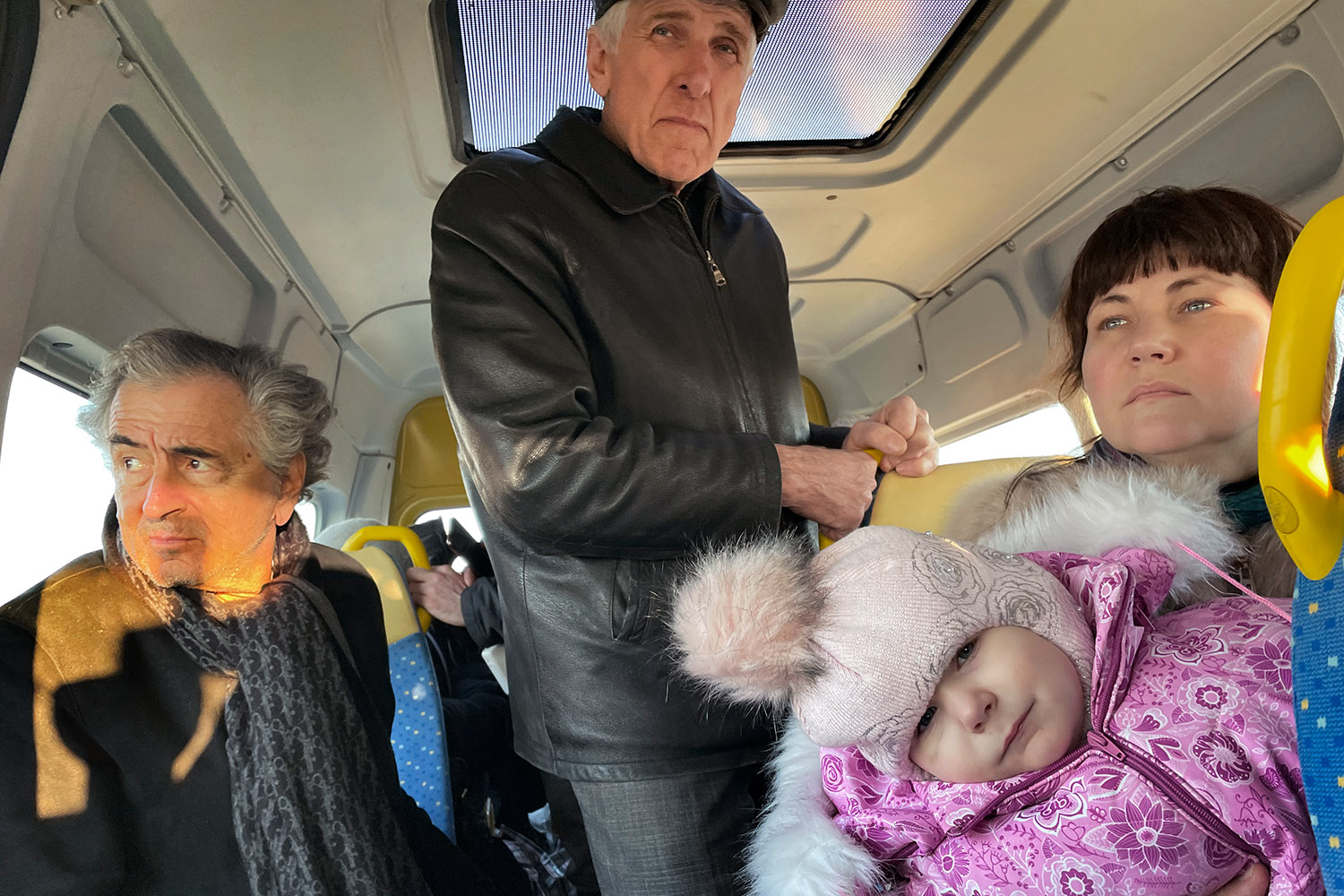

Official social networks